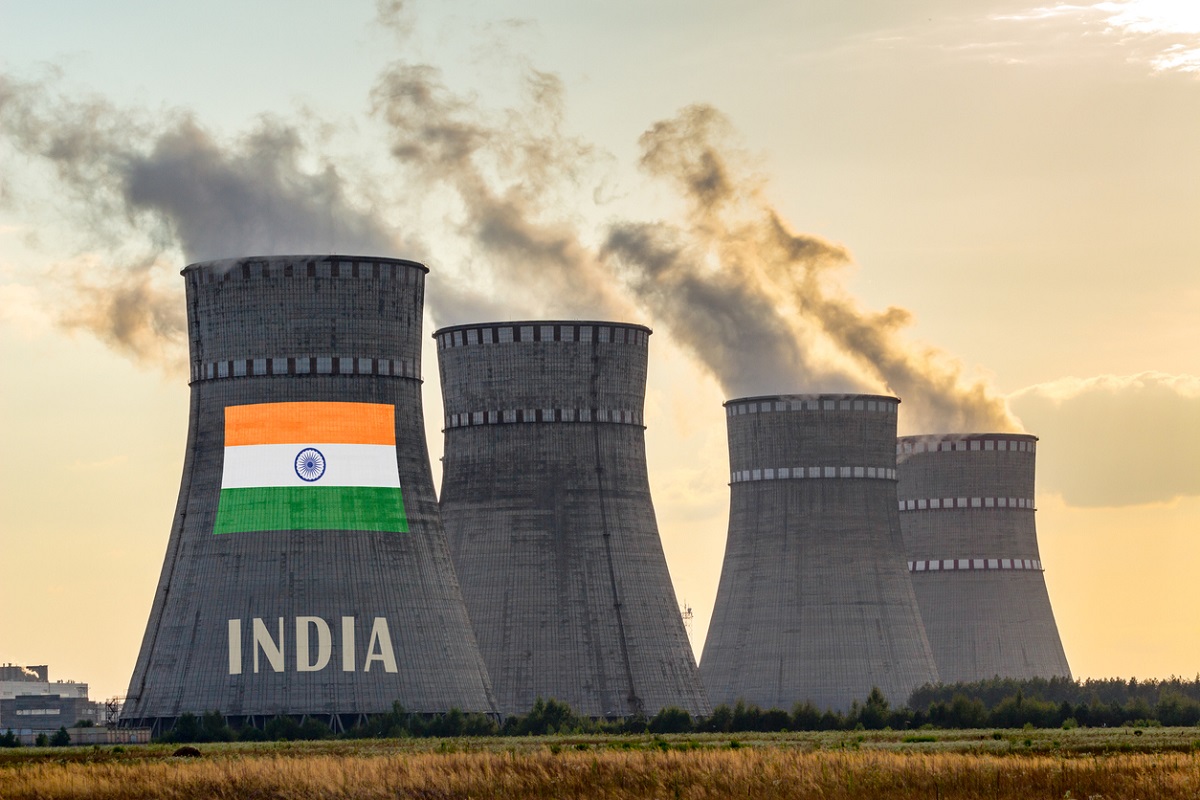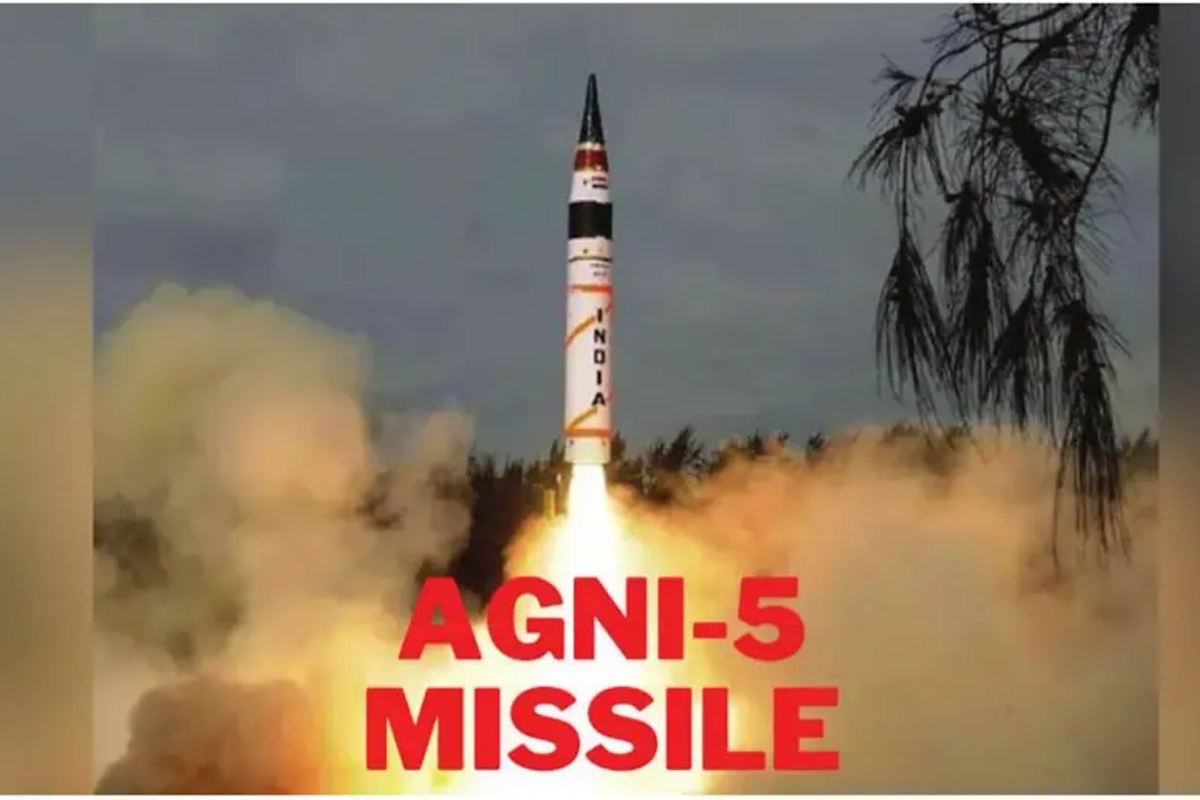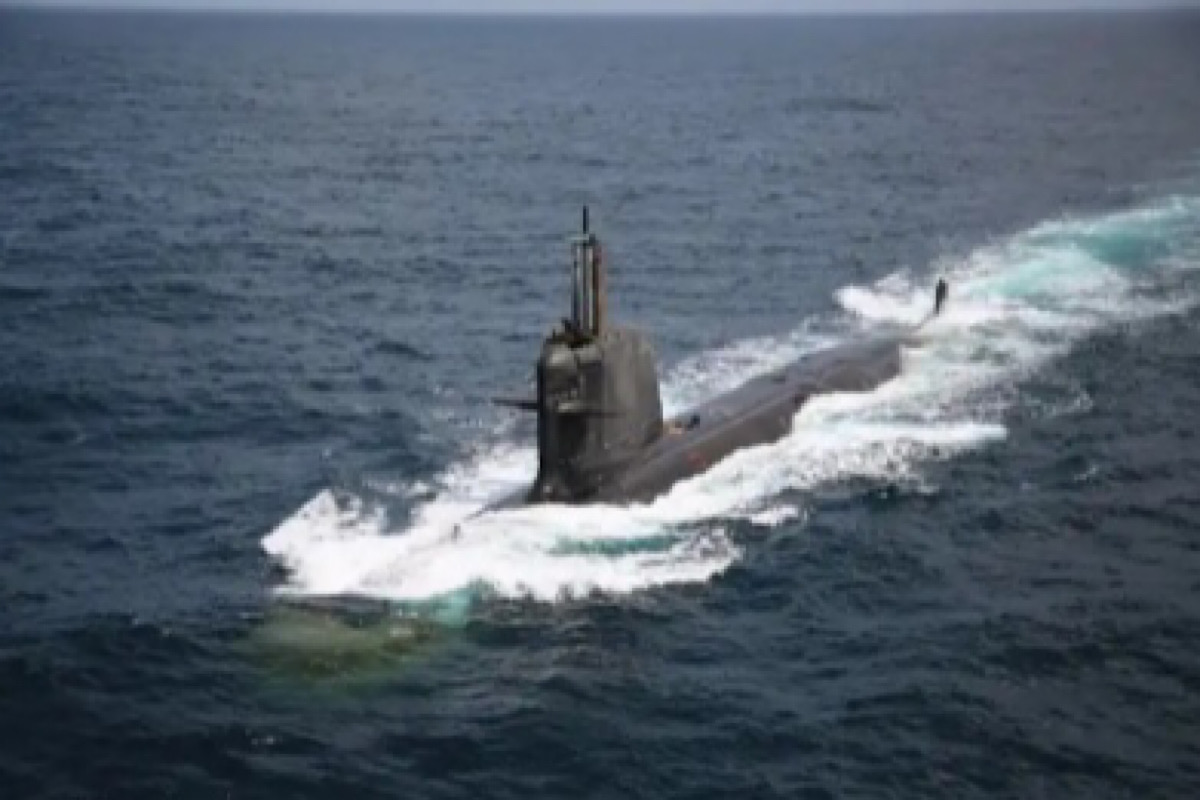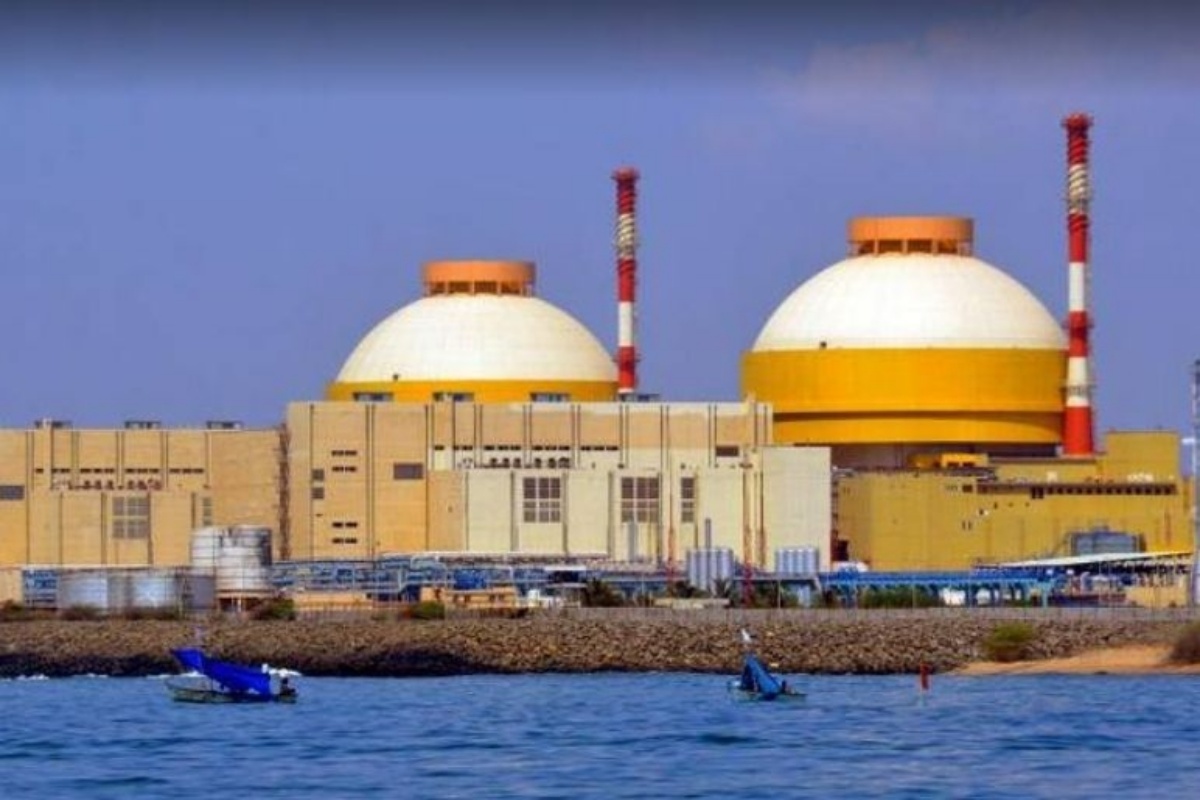India to triple installed nuclear power capacity by 2031-32: Union Minister
In a reply to a question in the Rajya Sabha, the minister said the present installed nuclear power capacity is set to increase from 8,180 MW to 22,480 MW by 2031-32.

In a reply to a question in the Rajya Sabha, the minister said the present installed nuclear power capacity is set to increase from 8,180 MW to 22,480 MW by 2031-32.

The recent test by India of a missile equipped with multiple independent targetable re-entry vehicles (MIRVs) may be attributed as a formidable milestone for nuclear power in Asia.

The new nuclear-powered submarine Emperor Alexander III successfully carried out a test launch of a Bulava ballistic missile, the Russian Defence Ministry has said.

Tuesday’s spectacular launch was Pyongyang’s second test of its purported hypersonic missile in the span of a week, indeed a type of weaponry that it had first tested in September last year. On closer reflection, President Kim relentlessly pursues his defiance to expand his nuclear capabilities despite western sanctions, pandemic-related difficulties, and deadlocked diplomacy with America.

Srivastava said if carbon cost is introduced in India through backdoor by way of bi-laterals and exclusive reliance of renewable power, then the costs will go up.
Pressure is growing, however, on the Biden Administration to consider alternative means of demonstrating its commitment to reducing the role of nuclear weapons, particularly in deterring or responding to non-nuclear attacks.
Nuclear power stations are expensive to build but cheap to operate. The economy of power generation is analysed according to “Levelised Cost of Electricity” (LCOE). LCOE accounts for the overall building cost, cost of operation and the cost of waste management in respect to the overall electricity output of the station over its lifetime.
Some experts ask for giant geoengineering projects whose equality gigantic adverse effects are not even fully understood at present.
While it is important to make the best of potential of energy sources, it is equally necessary to recognise their limitations and open ones mind to alternatives
Bayyapu stressed on the need of the IAEA to continue its programmes of support to member states who are embarking on or expanding their nuclear energy programmes.
